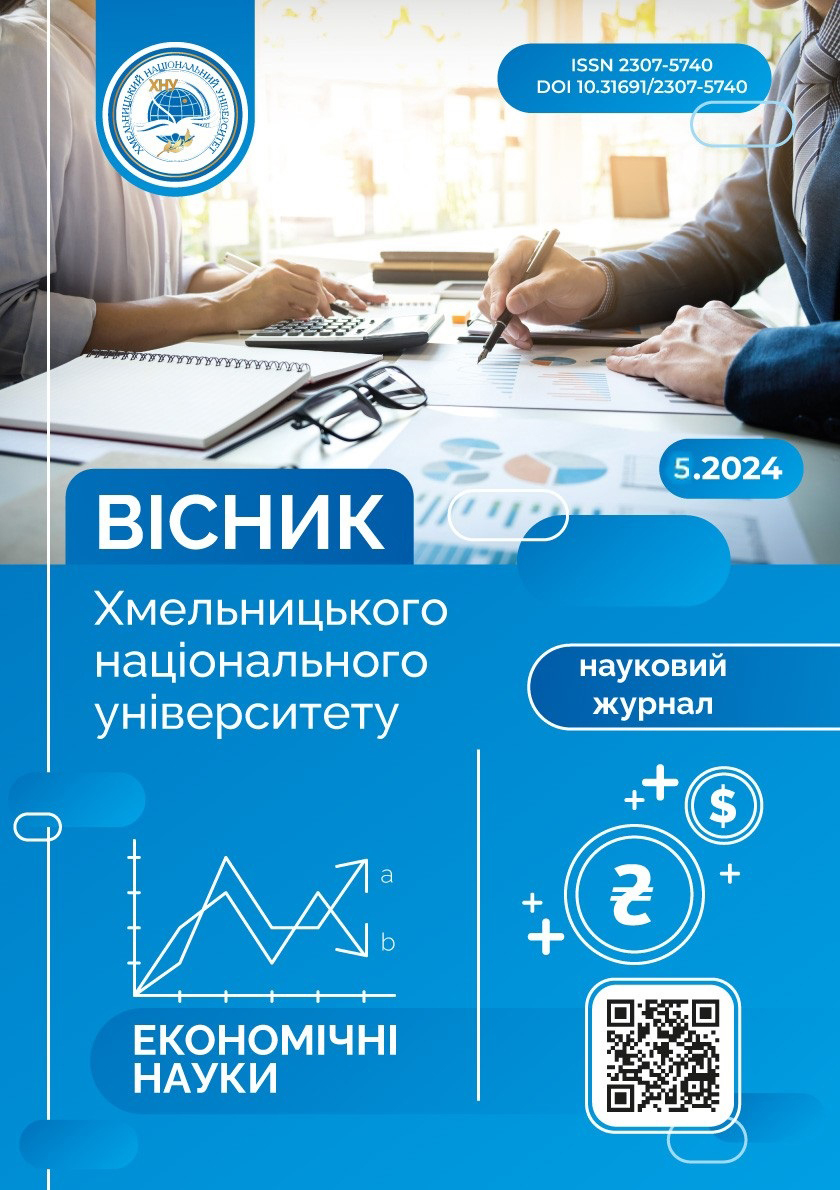INTERNET OF THINGS IN MODERN FREIGHT TRANSPORT TECHNOLOGIES (TRANSPORT LOGISTICS)
DOI:
https://doi.org/10.31891/2307-5740-2024-334-15Keywords:
Internet of Things, transport, logistics, transport logistics, digitalization, digital technologies, digital platforms, blockchainAbstract
The purpose of the article is a functional study of the Internet of Things in the context of modern freight transportation technologies, i.e., (transport logistics), since logistics was one of the first industries to test IoT, evaluate its advantages and identify its disadvantages. It is shown that the transport and logistics industry should more actively use the potential of blockchain technology, which is a type of Distributed Ledger Technology (DLT). Depending on the needs of a particular type of business activity, goals and strategies of a business entity, several areas where IoT technology is actively used are identified. Along with the active use of IoT technology, one should also keep in mind the security of data transmitted by all devices in the supply chain in large quantities. In order to achieve "transparency" in the delivery of products, it is necessary to control the chain to prevent intruders and fraudsters from entering it. Their goal may be to take possession of the cargo itself, as well as customer data, payment data, and other commercial or personal information. It is stated that IoT technology is still "new" for Ukraine and is not used in the field of entrepreneurship as actively as abroad. Many factors influence this "unpopularity". First of all, it is the country's legislative and economic restrictions, cultural and geographical features. In addition, any innovative technology requires large financial costs, which will be partially offset by the end user. It is noted that IoT technology is still "new" for Ukraine and is not used as actively in the business sector as it is abroad. Many factors contribute to this "unpopularity". First and foremost, it is the country's legislative and economic restrictions, cultural and geographical features. Any innovative technology requires large financial expenditures, which will be partially compensated by the end user. It is concluded that the use of digital technologies will increase the efficiency of interaction between participants in the transportation process, create organizational and technological conditions not only for concluding smart contracts for multimodal transportation, but also for automating the processes of controlling the movement of vehicles and cargo operations at transport hubs, paperwork and settlements with all participants in the supply chain.


